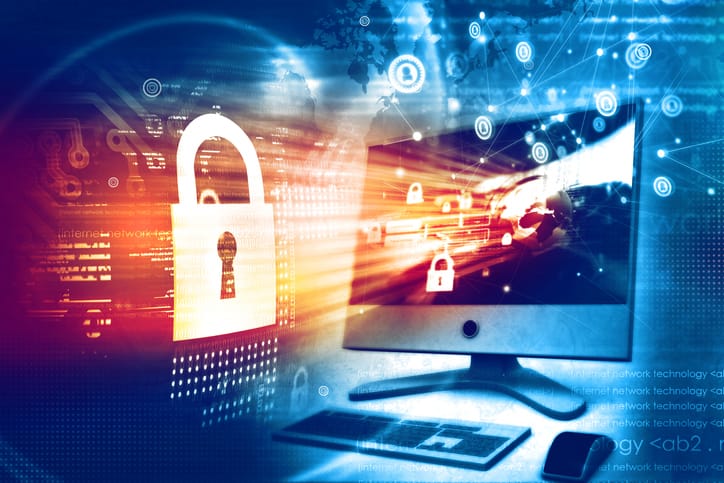Cybercrime has gone to another new and dangerous level where hackers are ready to do everything to get your privacy. This may include stealing passwords and identity theft. Keep our computers safe in the following ways:
Chose a stronger password
A strong password is good, but a stronger password is better. Strong passwords protect you from hackers It is advisable to have a password with a minimum of 12 characters. It should include lower case letters, capital letters, numbers, punctuation marks, and unique characters. Avoid using your name, birth date, pet names and any other person related character that could be gotten from a social site. Replace some of the letters with numbers and have a unique password.
Use a unique password for each occasion. This will minimize the risk of being hacked-it will be like not putting all eggs in one basket situation
Come up with a pattern that will be creating complex passwords for you. This will help you keep out intruders and also have a way of remembering the many passwords that you would have forgotten
Install an Anti-virus program
It is necessary to acquire an anti-virus to protect you from real-time threats from the internet usage. It is better to use a free version of anti-virus than to lack one because even the free versions have basics. A complete version of antivirus will keep your computer safe. Keep in mind that you ought to update your anti-virus at least once a day to be a step ahead of hackers.
Do not use an administrative account
Administrative account should only be used when you want to make significant changes like software installation or change computer settings. Instead, use a standard account for regular operations Some OS like Linux and Window 7 requires password input before a software installation. This is the best way that an administrator can safeguard his computer from intrusion Use of the standard account makes it hard for hackers and malware to steal important data or change the OS files. This is because changes can only be made by the administrator who is currently not logged in
Install a malware removal tool/install spyware
Malware is annoyances besides viruses. They include spyware (it tracks what you do and places you visit online], Adware (it floods you with numerous unwanted pop ups], keyloggers (it is software that record your keystrokes and is responsible for password theft).
It is recommended that even after acquiring a fully paid anti-virus; get software that is fully dedicated to removing spyware. Some applications for spyware removal are beneficial since they will alert you anytime a malware tries to change your registry
Set Up a Firewall
Firewalls are responsible for controlling data into and out of your computer. They keep out hackers and block malware program from self-installing. These malware programs may be viruses or programs that steal your passwords and Visa card details making you vulnerable How to set up firewalls:
Windows XP. Go to control panel-Security center-Windows firewall and turn it on for protection Windows 7. Go to Control Panel-System and Security-Windows Firewall Mac. System Prefs-Security-Firewall
Anti-viruses like Kaspersky and Norton offer tighter firewalls. The above instructions will improve your computer’s performance and reduce many hours of maintenance. You can now access the internet to worry about anything.
